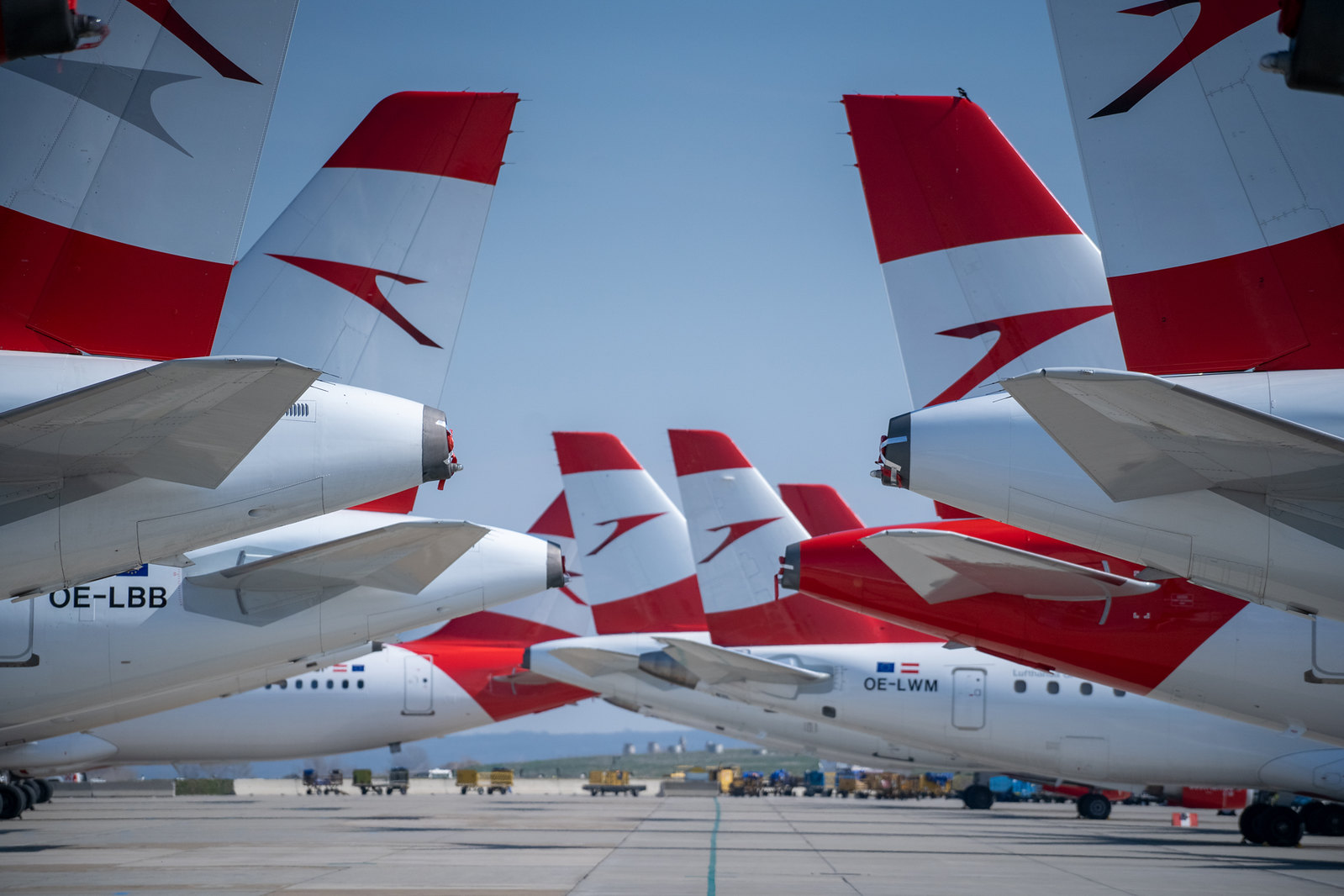
Austrian Airlines said on Thursday that it had been forced to cancel around 52 flights to and from Vienna airport because of a works council meeting involving flight attendants, technical staff and other commercial employees.
A works council meeting is a common euphemism in Austria to describe what might be called a ‘strike’ or ’employee walkout’ in other countries.
Last week, the Vida trade union demanded better working conditions and improved pay following cutbacks that were introduced at the height of the pandemic. Union spokesperson Daniel Liebhart dismissed suggestions that Austria would escape the chaos that has hit the aviation industry in other countries in recent weeks.
“In Austria, the personnel situation is just as drastic,” Liebhart warned. “Here we will only come over the summer months with a bang, if at all. The fact that so much is going better in Austria is simply wrong.”
“It would be complete nonsense to believe that the managers in Austria have made smarter decisions,” Liebhart continued.
Austria isn’t, however, suffering from staff shortages as badly as some countries because short-time working loans from the government were tied to a commitment that airlines and other aviation firms weren’t allowed to fire employees during the pandemic when demand plummeted.
Nonetheless, the Vida union says staffing levels have still dropped and workers are “reaching their limits” as they pick up the slack.
A spokesperson for Austrian Airlines said the carrier was “making every effort to minimize the impact on our guests”. The airline doesn’t plan to cancel any long-haul flights with short-haul European flights mainly affected.
Austrian Airlines has faced similar disruption as a result of “staff meetings” in both 2018 and 2019.
Mateusz Maszczynski honed his skills as an international flight attendant at the most prominent airline in the Middle East and has been flying ever since... most recently for a well known European airline. Matt is passionate about the aviation industry and has become an expert in passenger experience and human-centric stories. Always keeping an ear close to the ground, Matt's industry insights, analysis and news coverage is frequently relied upon by some of the biggest names in journalism.







